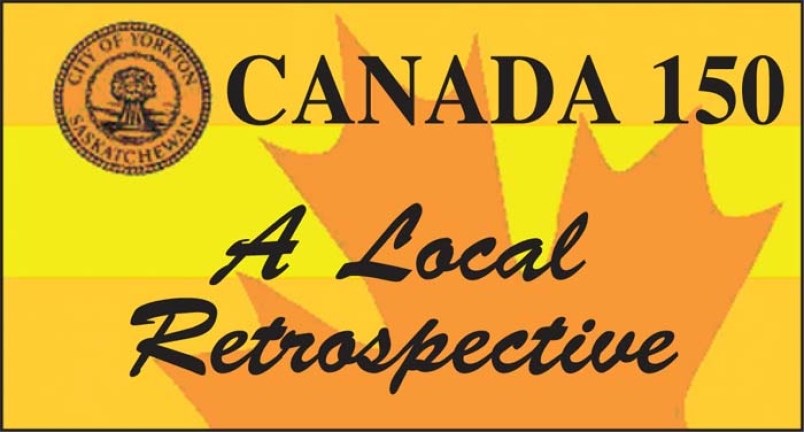The Great Depression hit Sask-atchewan hard, and in October 1931 the efforts to deal with the large number of unemployed men both made progress and hit roadblocks.
Yorkton undertook a street building project which was intended to be completed with the support of the Dominion government. The program was put on hold with only one quarter of the program complete, as the expected grant money had not come in. The program was to spend $55,000 on cement walks, collecting and breaking stone, trunk sewer and gravel walks. City treasurer of the era, referred to only as Pilkington by the Enterprise, said that there was a chance that work could resume, but that depended on what was going on with the Dominion government.
One thing that the Dominion government was approving of was setting up relief camps for 1,500 single, unemployed men. The majority of the men were expected to be in the camps within ten days, and funding would be 50-50 between the provincial and Dominion governments.
In nearby Veregin, Doukhobor settlers were dealing with arson affecting the schools and businesses in their community. The latest casualty, as of October 20, 1931, was the Bonny Bank school ten miles south of Veregin. This followed the destruction of the Beaver Lumber Company’s plant in the town, the Burtnick Store at Mikado, the Mazeppa School, the Spring Valley school, the Terpenio school, the Nundirbird school, the Osen school and the Vesna school were all destroyed by fire. All of the fires were on Sunday morning and, according to the Enterprise of the day, “that these fires were of incendiary origin is evident beyond question.”
The RCMP offered a $1,000 re-ward to anyone which would lead to the conviction of the person or persons behind the arson, and the Enterprise itself offered a warning.
“Those responsible for such criminal action should take warning that it is likely that the full penalty of the law will be imposed upon them when they are caught. This is a fourteen-year prison term and possibly deportation. Those persons responsible are reminded yet again that the Mounties ‘always get their man.’”
Within Yorkton, while people did not have much money during the era, they did get the chance to save some, as merchants across the city were joining in the “City-Wide sale,” which also offered the chance to win $800 in prizes.




